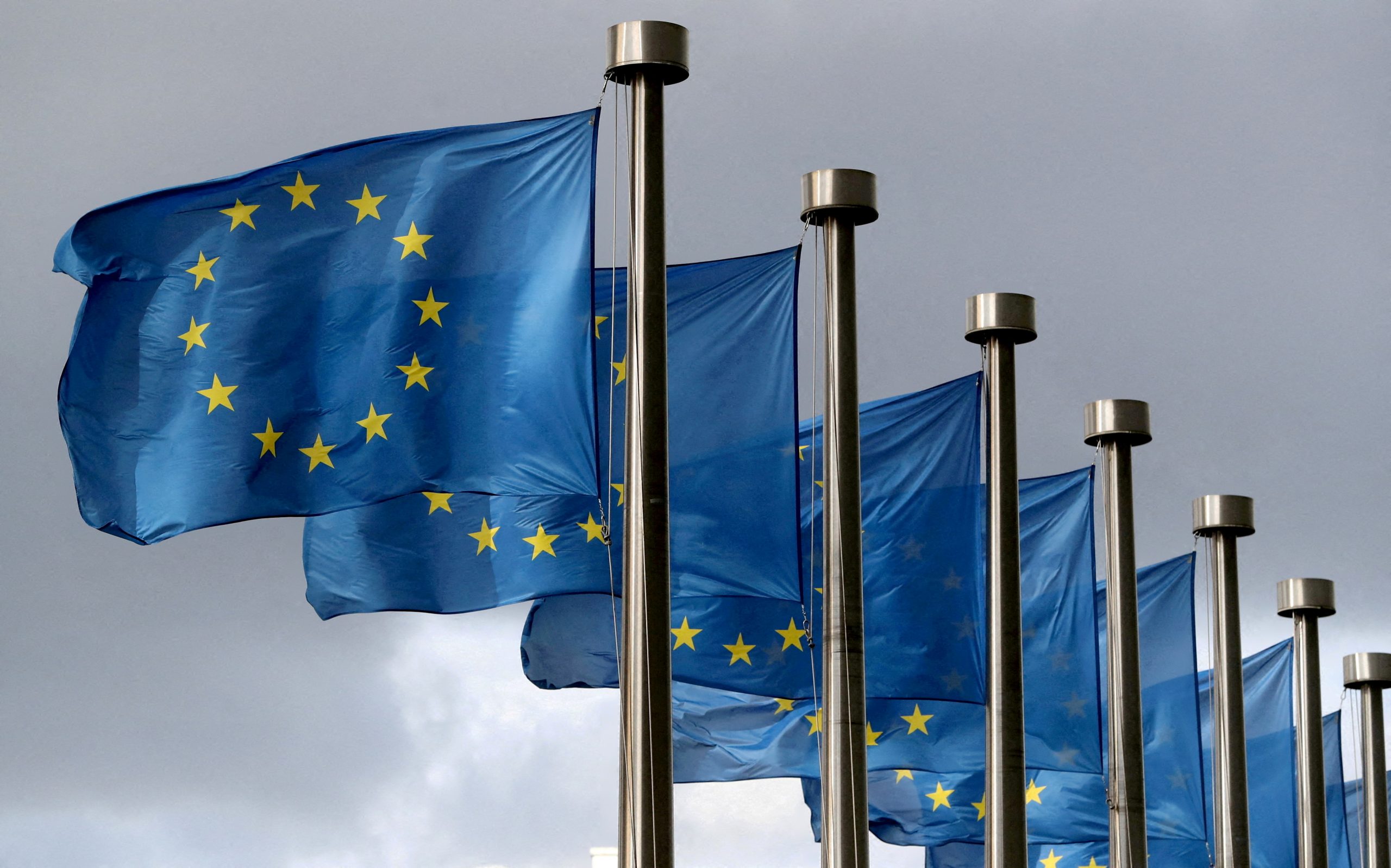
[elfsight_social_share_buttons id=”1″]
The European Union will suspend Moscow’s privileged trade and economic treatment, crack down on its use of crypto-assets and ban exports to Russia of EU luxury goods and import of iron and steel goods, the head of the European Commission said on Friday.
The new measures amount to a fourth set of sanctions against Russia over its invasion of Ukraine, coordinated with the United States and other G7 allies.
“Tomorrow, we will take a fourth package of measures to further isolate Russia and drain the resources it uses to finance this barbaric war,” Ursula von der Leyen said.
Along with other western allies, such as the United States, the bloc will revoke Russia’s “most-favored nation” trade status. This would open the door to the bloc banning or imposing punitive tariffs on Russian goods and putting Russia on a par with North Korea or Iran.
As a first step, the EU will prohibit imports of iron and steel sector goods.
Von der Leyen said in a statement that Russia’s membership rights of leading multilateral institutions, such as the International Monetary Fund and the World Bank, would be suspended.
“Russia cannot grossly violate international law and at the same time expect to benefit from the privileges of being part of the international economic order,” von der Leyen said.
G7 allies will seek next week to coordinate targeting of Putin’s “cronies” and will strive to ensure Russia and its elites cannot use crypto-assets to circumvent sanctions.
The European Union specifically will ban exports to Russia of EU luxury goods, designed as a blow to Russia’s elites.
Finally, the bloc will ban new European investments in Russia’s energy sector.
“This ban will cover all investments, technology transfers, financial services, etc. for energy exploration and production – and thus have a big impact on Putin,” von der Leyen said.
EU goods imports from Russia totaled 145 billion euros ($158.7 billion) in 2019, according to EU statistics office Eurostat, of which 101 billion euros was for oil and gas.
Copyright 2022 Thomson/Reuters
